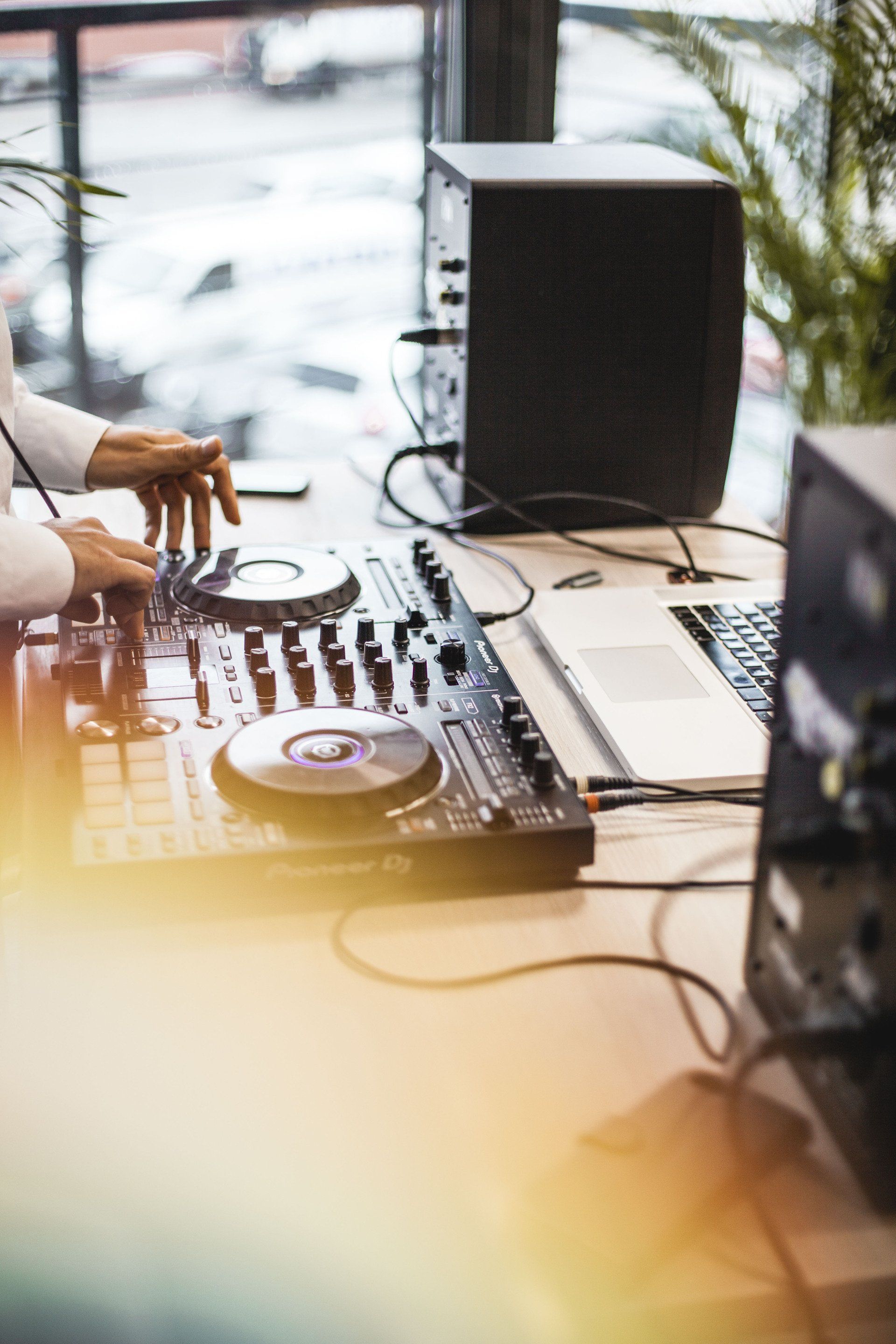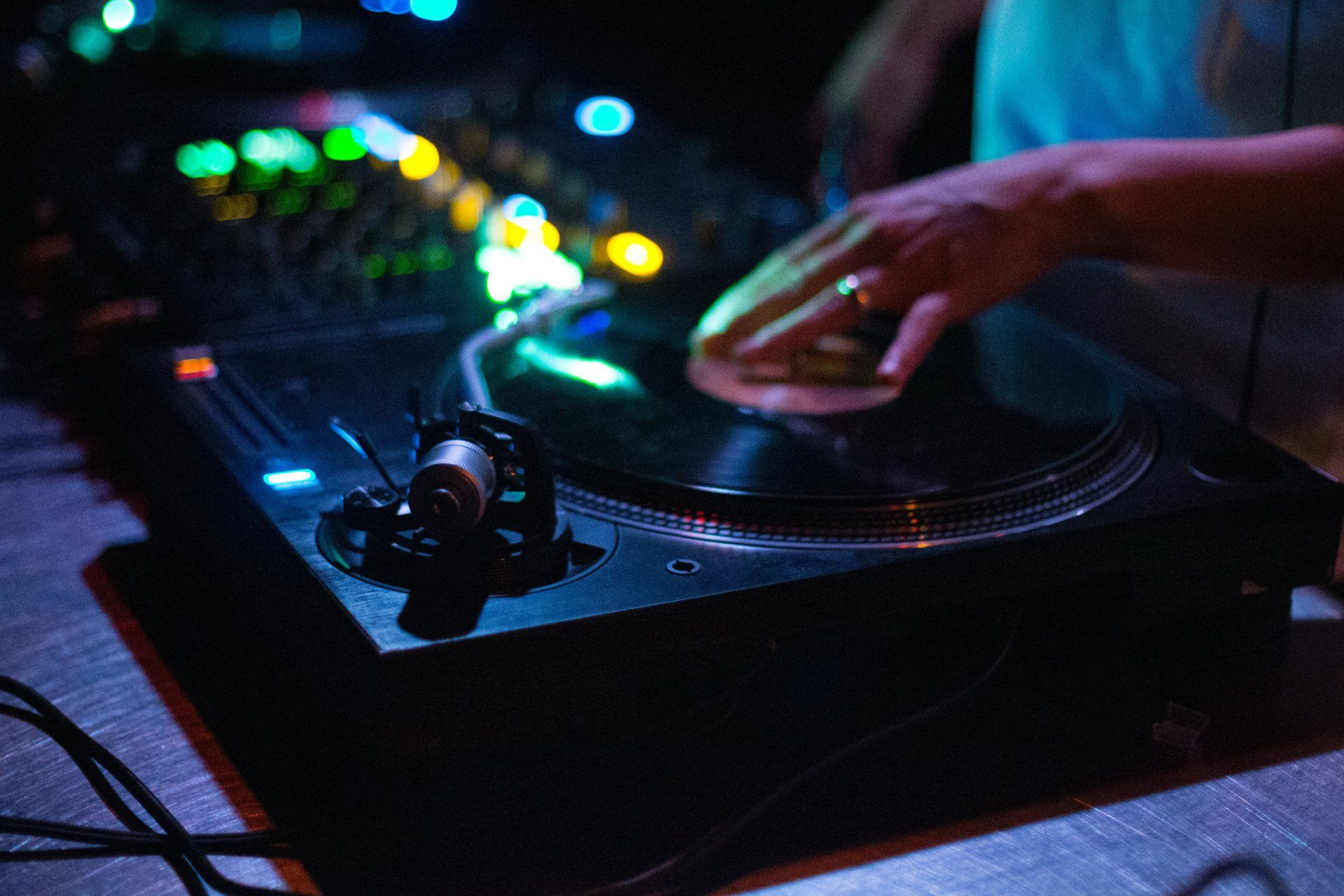This is my story.
It's a story of success and failure, of elation & frustration, of hard work and laziness, of perseverance and despair. Maybe you've been there, struggling and hoping to improve, or make a name for yourself. My journey has been long, over 40 years. I'm still moving forward (and occasionally backwards), still working my skills, still trying to make a name for myself. Regardless of the results, it's been worth it. Working hard at improving your skill, and ultimately yourself, is always worth it. Note that I didn't say it was easy. It rarely is. If you truly want to become a great, you'll have to be prepared to experience all of the above. Can you push through? Can you feel like giving up, but then get up and start again the next day, with new determination? How long will you be able to handle not having progress in leaps and bounds, but only in small increments? Any skill that you want to master will have these types of ups and downs. All the journeys are similar to some degree. Very few are naturally gifted and don't really have these struggles. Even most gifted people have some of these struggles. Can you handle it? Here are some of my highs and lows in written form. Maybe they'll help you in a moment of weakness, or anger, or despair. You are not alone.
It takes hard work and dedication to be able to master any musical instrument. As a beginner, it is easy to feel disheartened by early challenges and slow progress. The truth is, even the most talented and skilled musicians in the world have had to put thousands upon thousands of hours of practice into their craft in order to reach their current levels. The key to becoming a competent musician is to never give up. Learning to play an instrument – whether it is the guitar, keyboard, drums, or violin – will not always be a fun or easy journey, but once you have begun to grasp the foundations of music, you will be able to express yourself in new ways you never thought possible.
Overcome Limiting Beliefs
Everyone learns at a different pace. If you find yourself struggling to recognize notes or remember chords early on in your learning journey, don’t be disheartened. With more practice and exposure, you will eventually be able to fluently read music as though it were your second language. Very few people are born musical geniuses. Just because things do not come easily to you from the start, does not mean you lack talent or potential. Give yourself time to develop your skills, and you will eventually overcome any challenges or difficulties you encounter. It doesn’t matter if it takes you 5 days or 5 months to master a new technique – music learning is not a race. Try to refrain from comparing yourself to others or allowing your own self doubts to discourage you – every bit of improvement is a victory to be celebrated. Additionally, don’t be afraid to seek support and encouragement from others. Sometimes you can be your own worst critic, and your friends and family can be a much-needed source of praise and positivity to help you quell the inner voice telling you to just give up.
Developing Good Practice Habits
Confidence and positive thinking can only take you so far. In order to grow and improve, you need to put in the work. There will be many days where you may feel unmotivated or dispassionate about practicing; this is completely normal. The truth is, practicing your instrument can often feel like a chore, especially when you are going over the same technique or rehearsing the same piece over and over again. However, this is an inevitable part of mastering an instrument. If you wish to develop your skills, you will need to establish a consistent practice schedule and stick to it. Make sure that your practice schedule suits your personal situation and learning goals in order to make it easier for you to adhere to your plan. For example, you may choose to practice for 30 minutes every evening, or 3 times per week for an hour each day. Ultimately, it is up to you to find the right balance to fit your needs. You don’t have to push yourself to the point of burnout, but having a set schedule will help you build good practice habits and prevent you from letting your instrument collect dust for weeks or months at a time due to procrastination.











